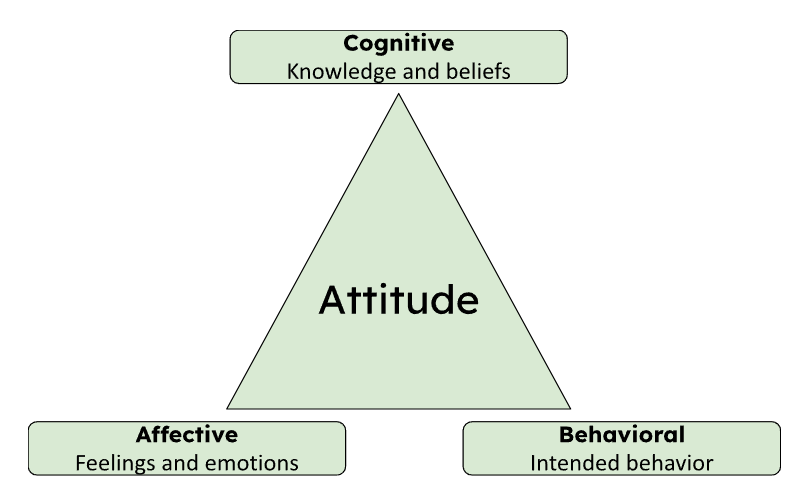-
20 Aug 2024
GS Paper 4
Theoretical Questions
Day 38: Cultivating a positive attitude is fundamental to the effectiveness of public service. Comment.(150 words)
Approach
- Define what constitutes a positive attitude.
- Discuss the key benefits of a positive attitude in public service.
- Explain the strategies for cultivating a positive attitude.
- Conclude suitably.
Introduction
A positive attitude can be defined as a mental and emotional stance characterized by optimism, resilience, and a constructive approach to life’s challenges. A positive attitude enables public servants to approach their duties enthusiastically, address challenges proactively, and maintain composure under pressure, ultimately leading to more effective and efficient public service.
Body
Key Benefits of a Positive Attitude in Public Service :
- Emotional Regulation: Positive thinking aids in regulating emotions, reducing anxiety, and maintaining mental well-being, which is crucial for coping with the demands of public service.
- During the 2020-21 COVID-19 surge, Indian healthcare workers, including doctors and nurses in hospitals like All India Institute of Medical Sciences (AIIMS), displayed exceptional emotional regulation.
- Productivity: A positive attitude drives motivation and engagement, which can lead to increased productivity and efficiency.
- As a result of the Swachh Bharat Mission,55 crore people changed their behaviour and started using toilets, reflecting the positive impact of dedicated field officers and volunteers
- Decision-Making: Optimism and a positive mindset enhance problem-solving skills and decision-making capabilities, enabling public servants to handle complex issues more effectively.
- During the 2021 farmers' protests, Indian officials used optimism to facilitate negotiations and resolve issues effectively, leading to the withdrawal of controversial farm laws.
- Resilience: Public servants often face high-pressure situations, and a positive attitude supports resilience, allowing them to recover quickly from setbacks and maintain their effectiveness.
- During the 2016-17 demonetization drive, IRS officers and bank employees managed logistical challenges with resilience and a positive attitude, ensuring efficient public service despite significant pressure and criticism
- Public Trust: A positive demeanor enhances interactions with the public, leading to more satisfactory service delivery.
- During the 2024 General Elections, Election Commission officials maintained a positive demeanor in their interactions with voters, ensuring smooth and transparent electoral processes that enhanced public trust in the electoral system
- Conflict Resolution: Positive attitudes facilitate better communication and conflict resolution, helping to address public grievances and concerns in a constructive manner.
- During the 2020 Delhi riots, positive attitudes among Delhi Police officials and community leaders helped mediate conflicts and address grievances, contributing to a more peaceful resolution and restoration of order.
Strategies for Cultivating a Positive Attitude :
- Self-Awareness and Self-Acceptance :
- Understanding one’s strengths and limitations, and accepting oneself, fosters a positive self-image and resilience.
- Public servants should engage in self-reflection to enhance self-awareness and manage their expectations realistically.
- Emotional Intelligence :
- Developing emotional intelligence involves improving self-regulation, empathy, and interpersonal skills.
- Public servants can benefit from training in emotional intelligence to better manage their own emotions and understand others’ needs.
- Stress Management Techniques :
- Practices such as mindfulness, time management, and relaxation techniques can help manage stress and maintain a positive outlook.
- Regular physical exercise and adequate rest also contribute to emotional well-being.
- Support Systems:
- Building strong support networks, including mentorship and peer relationships, provides emotional support and guidance.
- Engaging with colleagues and seeking mentorship can help maintain a positive attitude and offer practical advice for handling stress.
- Personal and Professional Growth :
- Continuous learning and skill development can enhance confidence and job satisfaction.
- Finding a sense of purpose in one’s work and setting personal and professional goals contribute to a positive attitude.
Conclusion
As Winston Churchill famously said, "Attitude is a little thing that makes a big difference." In the realm of public service, cultivating a positive attitude is essential for effectiveness. It significantly boosts job performance, aids in managing stress, and enhances interactions with the public. By maintaining a positive outlook, public servants not only improve their own well-being but also contribute to a more efficient and harmonious public service environment





